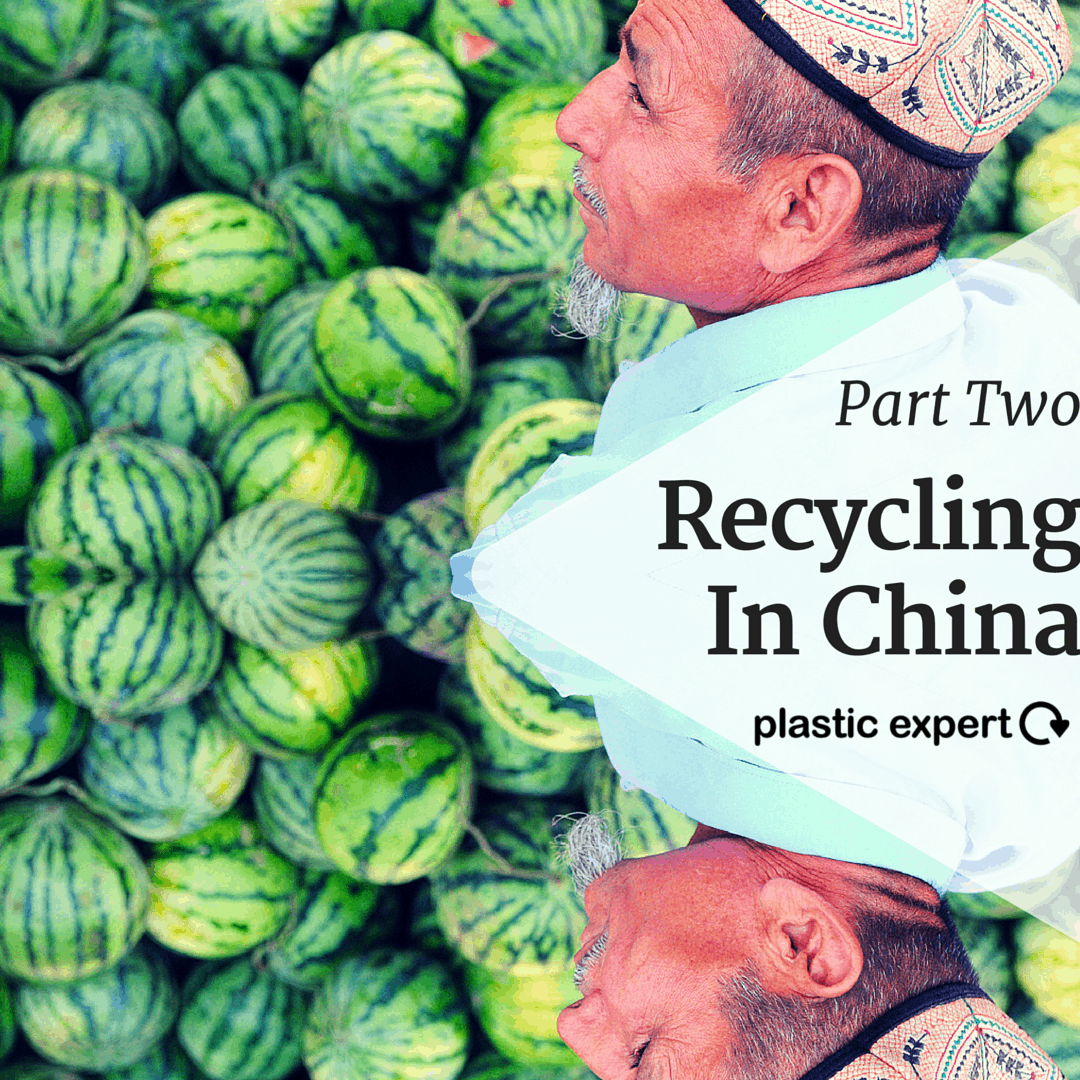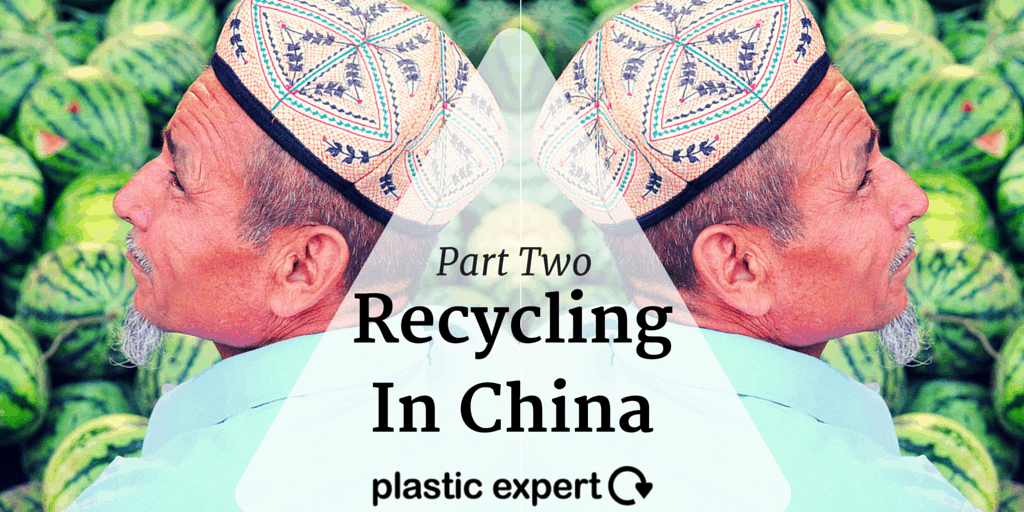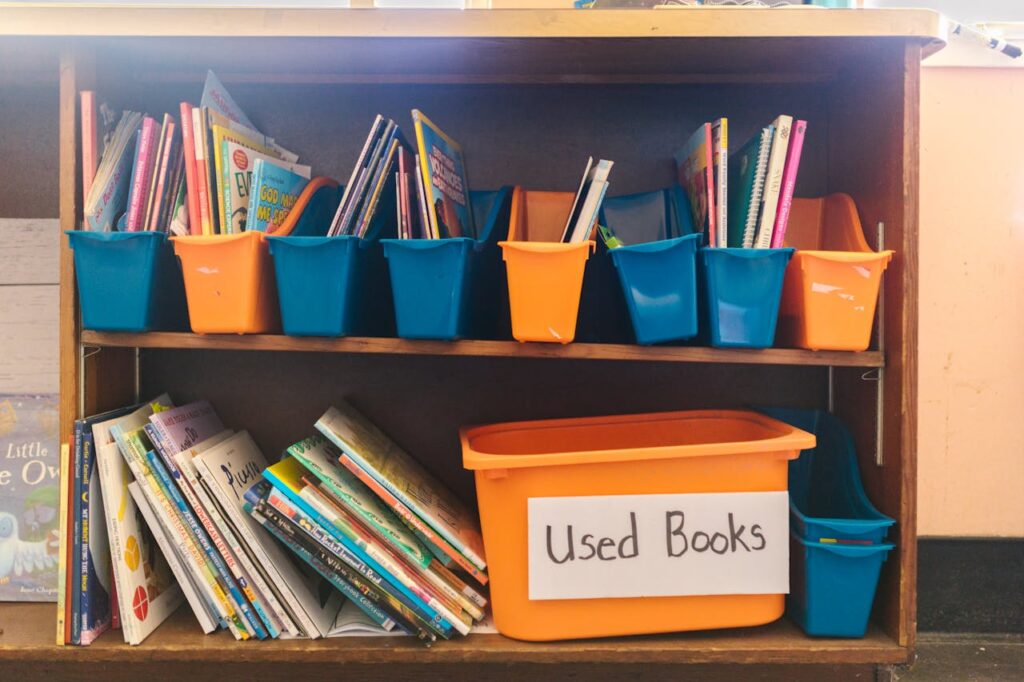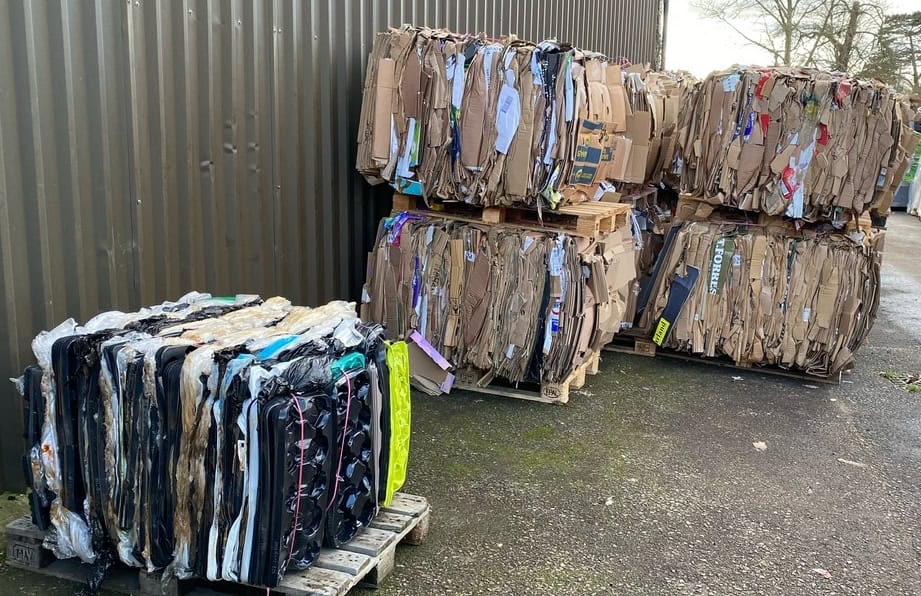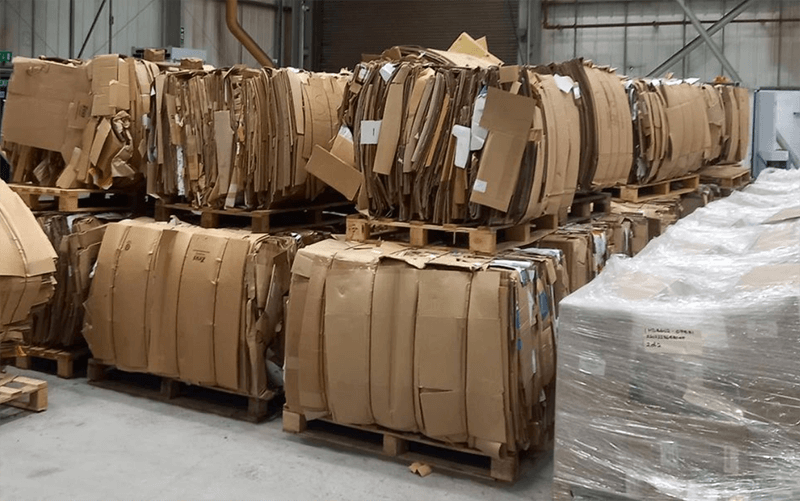The Chinese government intends to promote a responsible and appropriate environmental policy starting off with controlling and monitoring the Chinese recycling industry, as it is enormous but lacks efficient management and coordination.
The ever increasing pollution in the country has led to increased environmental concerns being raised in the minds of its citizens, as well as the watchful eye of the rest of the world. The Chinese government ambitiously aims to become the leader in the global climate change, as was revealed at the COP21 conference in December 2015, and in the five year plan it introduced for the years 2016-2022. Chinese recycling is at the forefront of this!
About the Recycling Industry of China
Recycling in China is completely different to recycling in western countries, as the recyclers actively aim to reduce the Recycling prices! In the western world, recycling is thought of as an eco-friendly activity, aimed at environmental conservation and the best practice for treating natural resources and therefore, recycling prices are not so fundamental in the activity. In China, however, it is more of a process by which the industries can be supplied with cheap raw materials. In order to achieve this, recycling prices have to be kept low. This is why many informal recyclers have sprung up, especially those who do not like government intervention and paying taxes.
The collection of recyclable materials is not quite as effective, as much of the work is done by manual labour. Expensive machinery increases costs, and this has to be avoided if recycling prices are to be kept low. Consequently, a large quantity of recyclable waste ends up in landfills. This unrecycled waste could have yielded considerable profits for some, but it is still dumped away.
‘Reprocessing’ follow collection. In China, it is dominated by small reprocessing units run by individual families. As compared to the larger industries involved in this business, these smaller units have more affordable recycling prices, which make them the preferred choice of many customers. This is often attributable to their total disregard of the environmental damage caused by their activities, such as burning waste and dumping it in waterways.
To avoid a total reliance upon landfills, China has preferred incineration plants over other, more environmental friendly techniques. This is also attributable to the aim of reducing recycling prices, as although these plants offer a cheap solution to the ‘landfill’ issue and keep recycling prices low, they have caused a high degree of resentment among the people living in the country.
The Efforts being made by the Government
China has many opportunities to achieve a more efficient and eco-friendly recycling of waste, and even though these techniques would almost certainly raise Chinese recycling prices, the resulting productivity should be able to counterbalance the effect. This is why the Chinese government has started interfering with the recycling industry, and is expected to increase its investment in the industry, regardless of the increase in prices and the market.
China has been the world’s greatest importer of scrap material for some time, as this, combined with the low Chinese recycling prices (mainly due to the low quality of recycling) provides cheap raw material for the world leading manufacturing industries. However, after announcing Operation Green Fence in 2013, China refuses to accept any type of highly contaminated scrap items.
Future Chinese Recycling and Pollution Efforts may Involve both Government and Private Sectors
The government has seen the potential that lies in the recycling industry, and knows that once it becomes efficient enough, it will yield many social and environmental benefits, outweighing the amount which is currently being invested into it. The strict control being exerted by the government, combined with the expected increase in investments points in only one direction.

